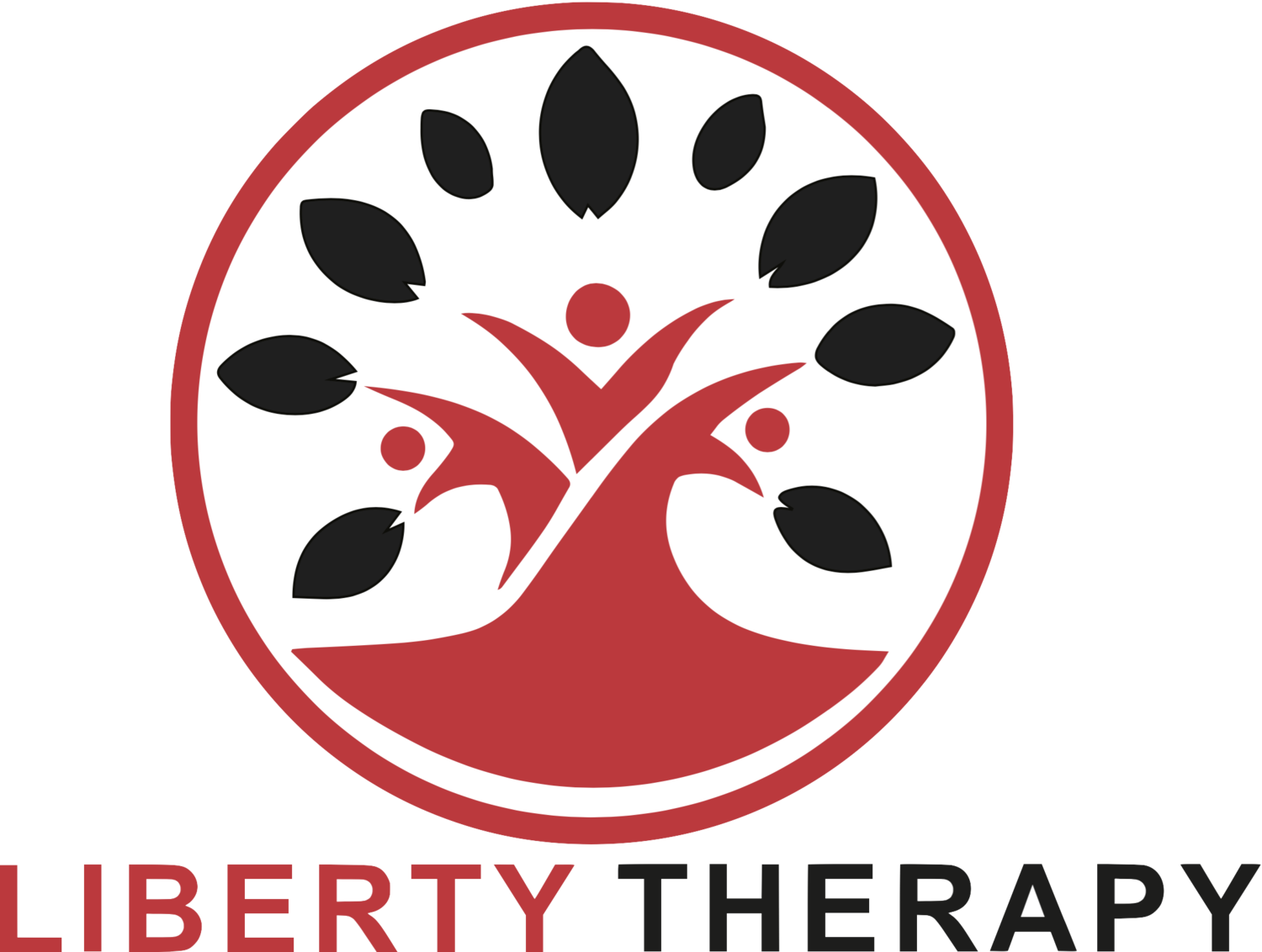Today there exists wonderful diversity among couple and family types. We welcome couples of all make-ups, orientations, and lovestyles. At Liberty Therapy, we honor this diversity by providing services that don’t require clients to spend their valuable session time justifying or educating therapists about their relationships types. We believe, and have seen, that relationship health is completely unrelated to one’s lovestyle, orientation, and/or family composition.
Couple's Therapy
In couple's therapy, we regard the relationship as our client - not one individual partner or the other. We avoid blame or shaming in our sessions. In order to create feelings of safety for both partners, as well as set the stage for potential change, couple's therapy needs to encourage each person to look at how their own personal behaviors and assumptions might be feeding the problem. This is more challenging in the face of crises such as infidelity or addiction. In these cases, couples might feel that everything has abruptly changed for them. More often, though, couples experience a progressive (often unconscious and usually unintended) erosion of warm feelings and gestures.
Below is a list of some of the topics/challenges we've helped couples work through and/or change for the better:
- Communication and intimacy issues
- Division of household labor
- Co-parenting challenges
- Infidelity
- Communication about sex
- Differences in parenting styles
- Divorcing with children
Family Therapy
Families are complex systems. Similar to our approach to couple's therapy, in family therapy we regard the system (i.e., the family) as the client, rather than the individual family members. We're not as invested in identifying and blaming any "bad guys" as we are in identifying what family dynamics and patterns are problematic. In fact, family members often find themselves locked in patterns or dynamics that have developed so very slowly over time that the family members are hardly aware of them - and hardly notice their own roles in them! That's why an objective 3rd party (i.e., a family therapist) is so important. The therapist and family work together to identify and carry out noticeable, system-level change. The benefit of working with the full family is that positive changes tend to happen more rapidly - and negative behaviors/dynamics are remedied more quickly - with the effort and shared goals of multiple family members.
Below is a list of some of the topics/challenges we've helped families work through and/or change for the better:
- Family dynamic issues
- Family transitions (e.g., relocating, divorce, new baby, retirement)
- Parenting adolescents
- Creating routines and structure
- Family coping with addiction, mental illness, and other challenges
- Post-divorce co-parenting
- Platonic co-parenting
- Blended family dynamics
- Parent-child-parent triangulation

